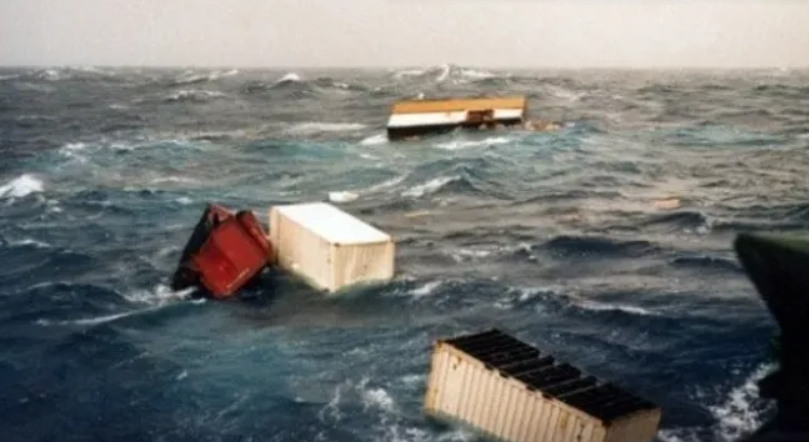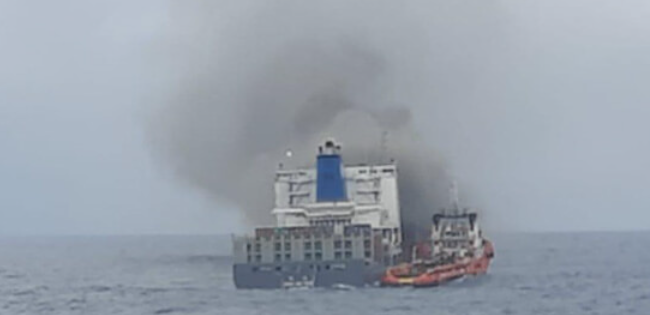The Bangladeshi government has ordered tax and customs officials to end their two-day nationwide strike and return to work immediately as of June 29. The strike had paralyzed tax operations across the country, including customs activities at Chittagong, the country's key trade hub.
The caretaker government led by Mohammad Yunus issued a statement saying: “Officers and employees must return to duty immediately and refrain from actions that harm national interests. Otherwise, the government will be forced to take strict measures to protect the people and the national economy.”
According to Reuters, the government reiterated the critical importance of uninterrupted import-export operations for safeguarding the economy and emphasized that all activities under the National Board of Revenue (NBR) are considered essential services.
On May 12, the government ordered the dissolution of the NBR and the creation of a new tax authority, triggering waves of protests.
The government defended its decision, stating that the changes are necessary to modernize and streamline tax administration, eliminate overlap, and boost efficiency.
Despite these intended benefits, NBR officials launched a nationwide strike on June 28, citing concerns over job security and the loss of institutional independence. They demanded reforms to the new structure and called for the resignation of the NBR chairman.
The latest strike highlights escalating unrest as the new caretaker government faces increasing backlash over its tax reform efforts.
Reuters reported that business leaders are growing increasingly alarmed over the standoff, warning that continued deadlock could severely disrupt supply chains, impede revenue collection, and further erode investor confidence already weakened by macroeconomic challenges.

Last
WSC: Red Sea Diversions in 2024 Lead to Surge in Lost Containers at Sea
The World Shipping Council (WSC) reported that in 2024, rerouting vessels to avoid the Red Sea conflict directly led to an increas

Next
Wan Hai 503 Container Ship Moved Offshore Due to Smoldering Fire and Weather Risks
Due to weather concerns and the inability to extinguish a persistent smoldering fire, Indian authorities have collaborated with a
